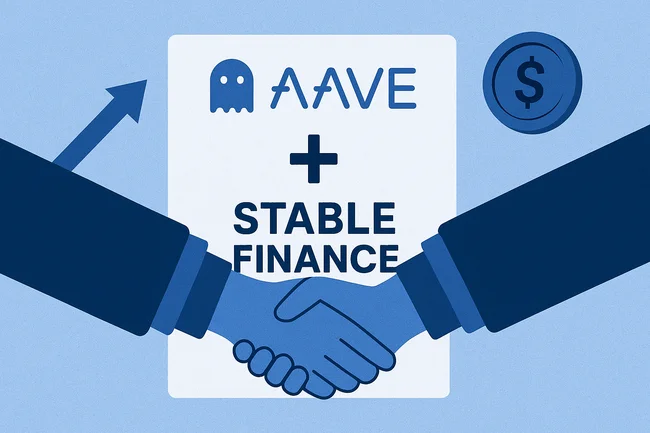Hybrid mining refers to a combination of different mining methods used to validate and secure transactions on a blockchain. It typically merges both Proof of Work (PoW) and Proof of Stake (PoS) mechanisms.
In hybrid models, miners use computational power to solve complex mathematical problems, earning rewards based on their contributions to the network, similar to traditional PoW systems. At the same time, stakeholders can participate by holding and staking their coins, gaining rewards for supporting network security without relying solely on computational resources.
This approach aims to balance the energy-intensive nature of PoW with the resource-efficiency of PoS. It offers benefits such as improved security and scalability while reducing the environmental impact commonly associated with PoW.
By integrating both mining types, hybrid systems seek to attract a broader range of participants, increasing network decentralization and resilience. As blockchains evolve, hybrid mining is becoming an appealing solution for projects aiming to enhance performance and sustainability.




